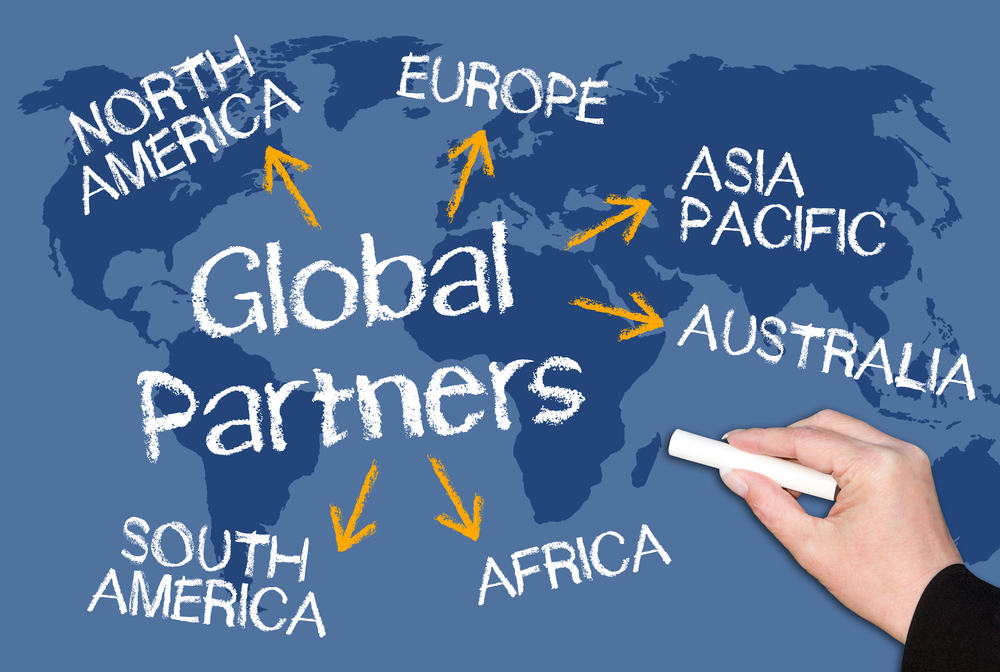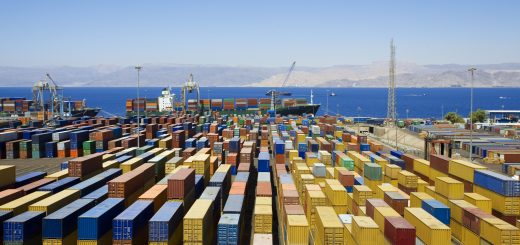Logistics As The 8th Wonder Of The World

Though there are conflicting versions of what the 8th Wonder of the World truly is, global logistics has all the trappings of a truly global wonder. People all over the world rely on the efficiency of logistics planning to transport essential commodities, including fuel, foodstuffs, goods, and services that are so vital in their everyday lives, delivered to their doorsteps, in a matter of hours, in good condition and at an affordable cost.
Riding on the back of technology and globalization, logistics facilitates the seamless flow of shipments from distant locations, moving them across multiple borders, receiving them in various ports, delivering them to customers at specified locations through networks that properly balance transit time with cost; while challenges are resolved within seconds and the cost of potential delays averted or reduced to the barest minimum.
Technological integration, global freight coordination and the universality of barrier-breaking trade terms are some of the few points that further buttress logistics as a 21st-century wunderkind.
Technological Integration:

Technology integration in global logistics facilitates the necessary linkages between parties involved in logistics processes and enables the effective flow of information relating to the movement of shipments from one point to another. Transaction payments are also processed online via IT-enabled platforms from any part of the world in a matter of seconds as well. Companies across the world are leveraging technologies such as cloud-based software, automation, and data analytics to gain competitive advantage.
Technology integration platforms like Cargo Smart, Magaya, and many others have enhanced cargo visibility, real-time information about sailing schedule changes, shipment status, alerts about potential delays, and business intelligence reports to measure and optimize logistics performance.
Global Freight Coordination:

This is also an IT-driven process where freights are picked-up, shipped and coordinated from origin to destination by land, air or sea. This process is also facilitated by strategic allies or network partners from origin, through transit hubs to destination. This means that one can sit here in Nigeria and coordinate freights from Russia to Ghana; from Argentina to Kenya or From Australia to Iceland with the help of partners in those places, make money, receive shipments from any part of the world, maintain a healthy business relationship with partners and customers without any physical or initial face-to-face contact. That is the world right now with logistics!
Elimination of Trade/Language Barriers: Though elements of language barriers still exist, in the logistics of today, International Commercial Terms (INCOTERM) is the only universal language for which there is no confusion. They are globally recognized standard trade terms used in logistics contracts all over the world to define who is responsible for the cost of transporting shipments, including insurance, taxes and duties; where the goods should be picked up from and transported to and who is responsible for the goods at each step during transportation; who bears what risk and at what point; delivery and payment for the nature of services delivered and in what currency, as agreed. For more information on INCOTERMS, see https://fglobalshipping.com/incoterms/
In conclusion, the beauty of global logistics is that it has broken trade barriers; united institutions of diverse global origins and made the transfer of people, goods, services, knowledge, and ideas to end-users more seamless than ever through technology-enabled platforms.



